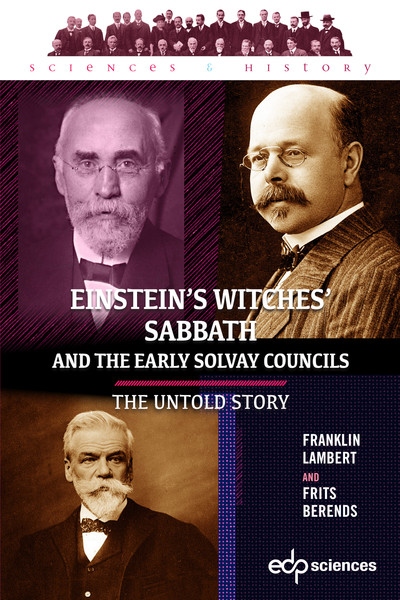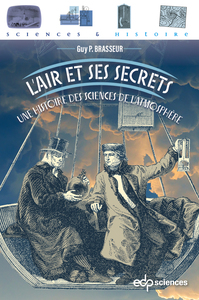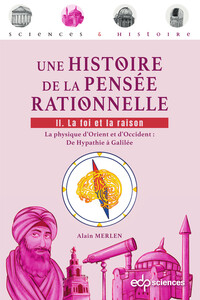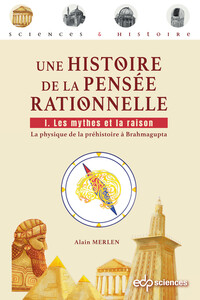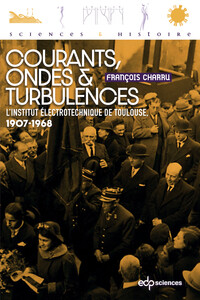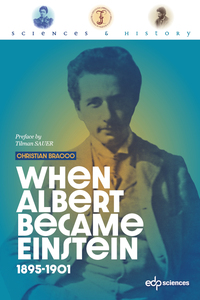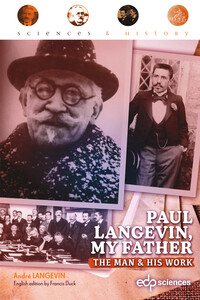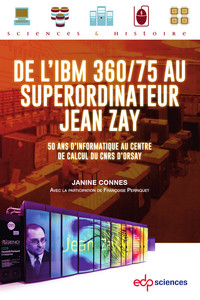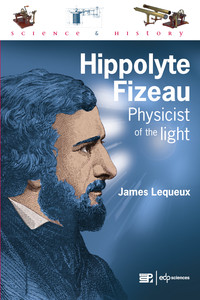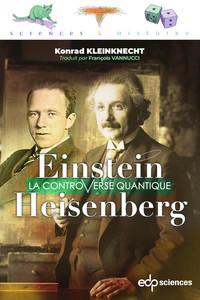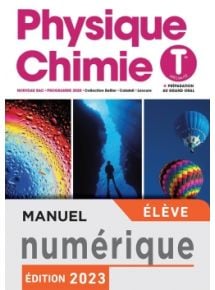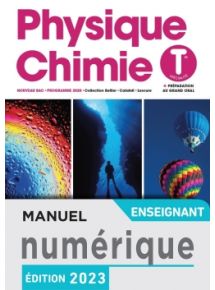Nous utilisons des cookies pour améliorer votre expérience. Pour nous conformer à la nouvelle directive sur la vie privée, nous devons demander votre consentement à l’utilisation de ces cookies. En savoir plus.
Einstein's Witches' Sabbath and the Early Solvay Councils
Edp Sciences - EAN : 9782759826698
Édition papier
EAN : 9782759826698
Paru le : 10 nov. 2021
45,00 €
42,65 €
Disponible
Pour connaître votre prix et commander, identifiez-vous
Notre engagement qualité
-
 Livraison gratuite
Livraison gratuite
en France sans minimum
de commande -
 Manquants maintenus
Manquants maintenus
en commande
automatiquement -
 Un interlocuteur
Un interlocuteur
unique pour toutes
vos commandes -
 Toutes les licences
Toutes les licences
numériques du marché
au tarif éditeur -
 Assistance téléphonique
Assistance téléphonique
personalisée sur le
numérique -
 Service client
Service client
Du Lundi au vendredi
de 9h à 18h
- EAN13 : 9782759826698
- Réf. éditeur : 190017
- Collection : SCIENCES ET HIS
- Editeur : Edp Sciences
- Date Parution : 10 nov. 2021
- Disponibilite : Disponible
- Barème de remise : NS
- Nombre de pages : 316
- Format : H:240 mm L:160 mm E:18 mm
- Poids : 566gr
- Résumé : BEFORE WORLD WAR II there were no regular international physics conferences, with the notable exception of seven « SOLVAY COUNCILS ». The first Council in 1911 was the result of a miraculous chain of events. Impressed by Einstein's specific heat paper, Nernst wanted its quantum basis to be discussed by international experts. By a series of coincidences the planned « summit » was convened by Solvay, the Belgian industrialist and Maecenas. Thanks to chairman Lorentz, the meeting was so successful that to this day similar Councils have been convened by the International Physics Institute, founded by Solvay and supported by his family. Lorentz chaired five Councils that testify to the transition from classical to modern physics. The first stimulated the physicists' interest in the quantum problem. The fifth, in 1927, solved the problem by marking, according to Heisenberg, the completion of Quantum Mechanics. The book focuses on the personal relations between the physicists who actively participated in the quantum revolution. These relations came under great strain during the Great War, but the Councils survived thanks to Lorentz's and Solvay's faith in the universality of science.
- Biographie : Franklin Lambert est professeur émérite de physique mathématique à la Vrije Universiteit Brussel. Associé aux Instituts Solvay, il tente de rassembler leurs archives dispersées dans le monde.

